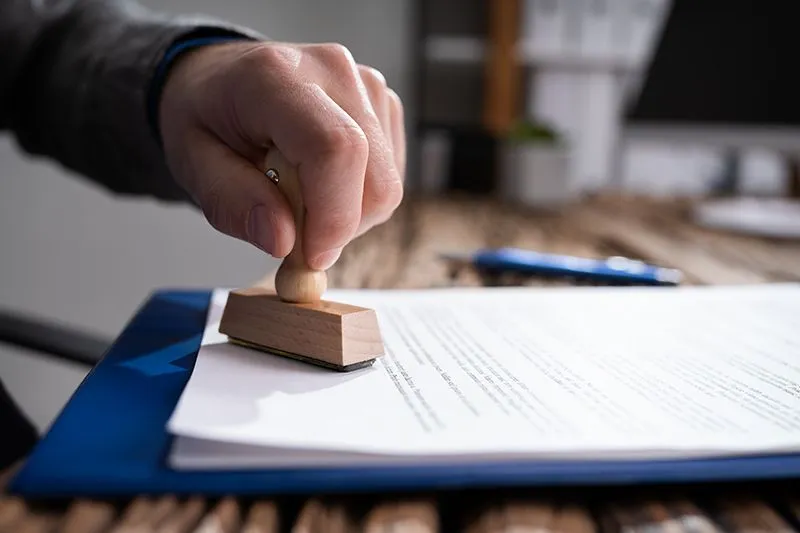One of the crucial elements of construction work that homeowners and contractors often overlook is obtaining the necessary permits. In Florida, as with other states, many types of construction, renovation, and home improvement work require permits issued by local building departments. Undertaking unpermitted work can lead to a plethora of challenges and potential legal implications. In this blog, we, as General Contractor at Sovanic, Inc., will take a closer look at the consequences of unpermitted construction work in Florida and the remedies available.
Consequences of Unpermitted Construction Work
Unpermitted construction work can result in a variety of adverse consequences, both immediate and long-term:
- Fines and Penalties: The most immediate consequence of unpermitted work is the likelihood of fines and penalties. When a local building department discovers unpermitted work, they may issue a ‘stop work order’ and impose fines that can be substantial.
- Complications with Insurance: If unpermitted work leads to damage or harm, your homeowner’s insurance may refuse to cover the claim, leaving you with potentially large out-of-pocket costs.
- Safety Hazards: Unpermitted work might not adhere to safety and building codes, leading to risks like structural issues, electrical fires, or plumbing leaks.
- Difficulty Selling the Home: During the selling process, unpermitted work can become a major obstacle. It may be uncovered during the inspection process, causing potential buyers to back out or demand a lower price.
- Legal Action: In some extreme cases, the local government may even sue homeowners for unpermitted construction.
Remedies for Unpermitted Construction Work
If you have performed unpermitted work, or if you have purchased a home with existing unpermitted work, here at Sovanic, Inc. we have a few remedies:
- Apply for a Retroactive Permit: We will apply for a retroactive permit or after-the-fact permit. You will need to pay the permit fee and possibly a fine. Then, Sovanic, Inc. will schedule an inspection with the building department. If the work is not up to code, our company will make corrections for you.
- Correct the Work: If the unpermitted work is not up to code, we might need to open up walls, floors, or ceilings so inspectors can verify the work. Any non-compliant work will be corrected with our team of licensed subcontractors.
- Disclose the Work When Selling: If you are selling a property with unpermitted work, it is important to disclose this to potential buyers. While this might affect the sale price, it can help you avoid potential legal liabilities down the road. Importantly, it should be noted that standard contracts from the Florida Realtors Association for property purchases include a clause stating that the responsibility for remedying unpermitted work falls on the seller. Failure to address unpermitted work before the closing date could jeopardize the deal.
Prevention is Key
While there are remedies for unpermitted work, the best solution is to avoid this situation altogether. Before starting any construction or renovation work, make sure you understand local permit requirements. When hiring contractors, confirm they will obtain the necessary permits and follow local building codes. As a General Contractor in Florida since 2000, we will perform your construction fully permitted with safety and code compliance.
The world of construction and renovation can be complex and regulations dense, but navigating it correctly can save you from considerable inconvenience and financial loss. If you are in doubt, do not hesitate to contact Sovanic, Inc. or a real estate attorney. Remember, when it comes to construction work, it is always better to be safe than sorry.

